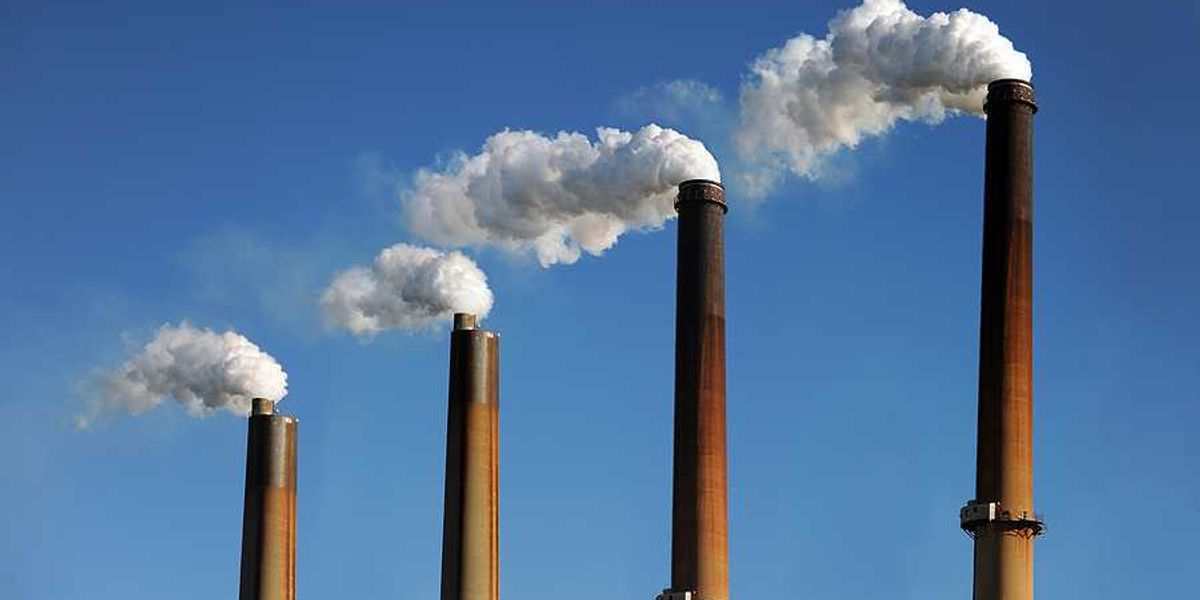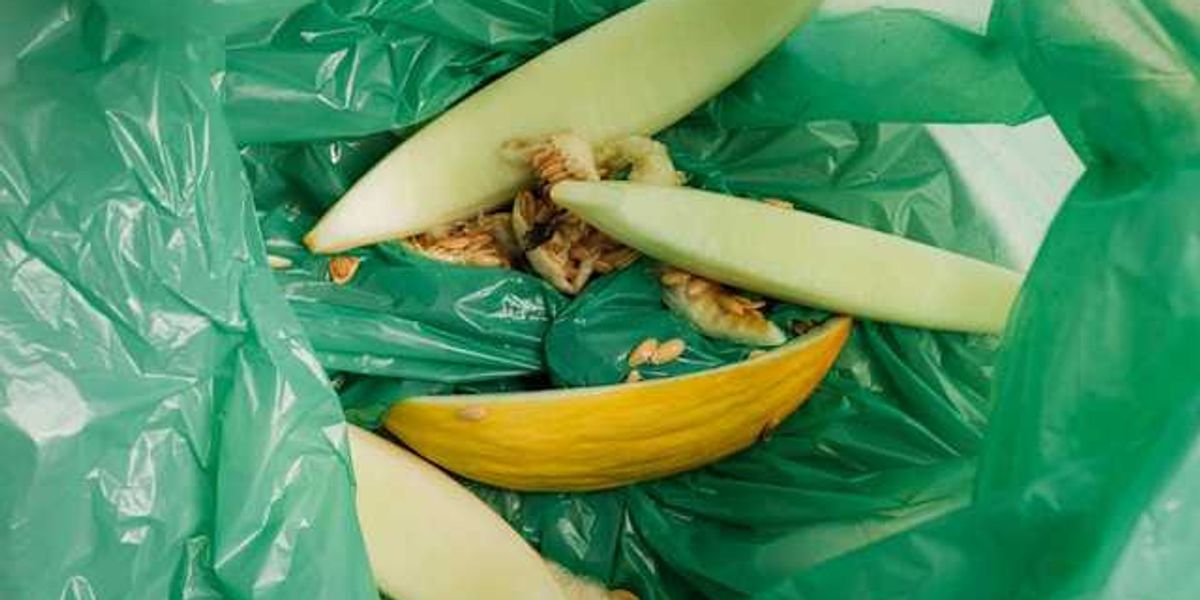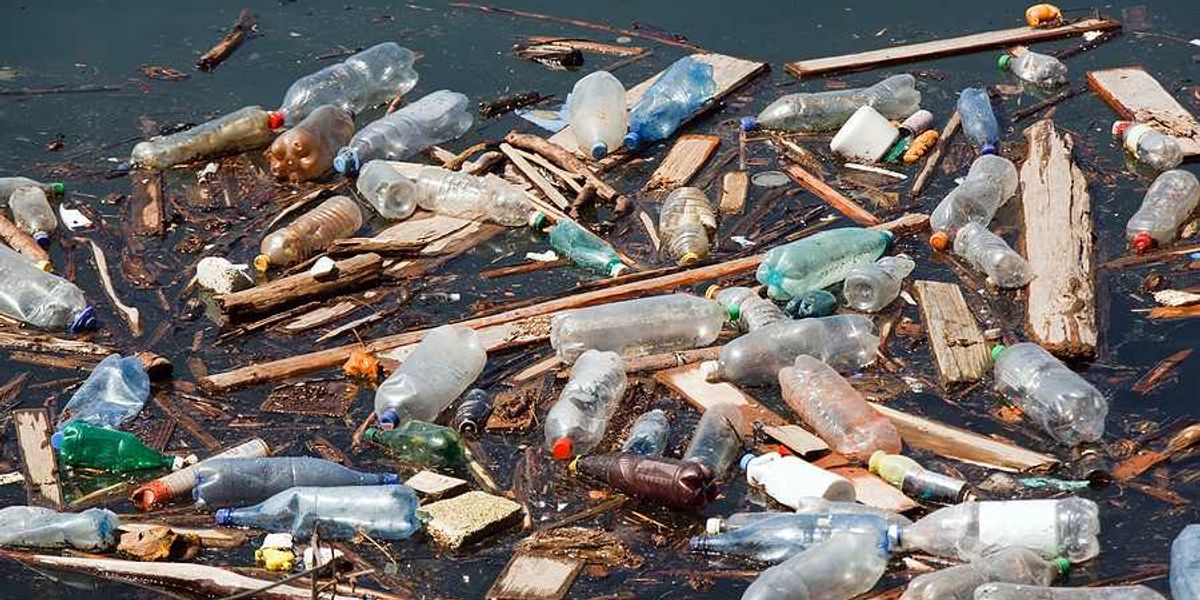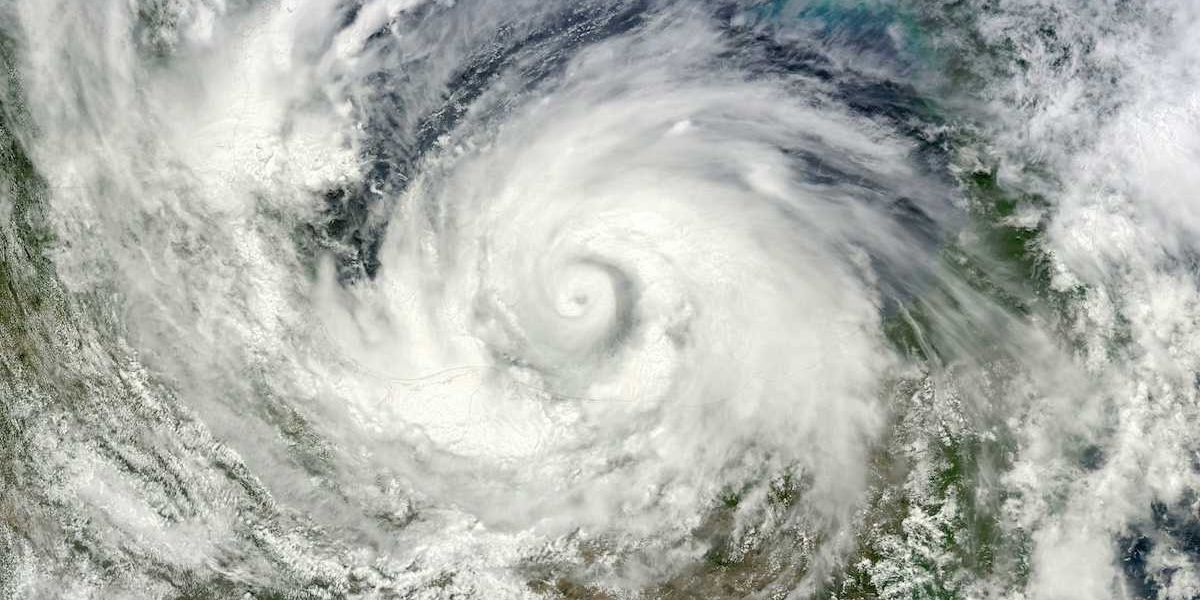Colorado requires oil and gas companies to boost water recycling efforts
State regulators have approved new rules requiring oil and gas companies in Colorado to use more recycled water for hydraulic fracturing, aiming to reduce reliance on increasingly scarce freshwater.
Jake Bolster and Martha Pskowski report for Inside Climate News.
In short:
- Colorado's oil and gas industry currently consumes about 11 billion gallons of freshwater annually, with most wastewater from drilling disposed of underground rather than recycled.
- The new rules, based on a 2023 law, set phased targets: at least 4% recycled water use by 2026 and 10% by 2030, with possible increases to 20% and 35% in later years.
- Companies can purchase credits from others that recycle more than required, and penalties for noncompliance are in place, though some critics argue enforcement may be too weak.
Key quote:
"Things are changing quickly. How low the reservoirs are is terrifying to me."
— Harmony Cummings, director of the Green House Connection Center
Why this matters:
Colorado faces worsening drought conditions, and the oil and gas industry’s water use competes with agriculture and municipal needs. Fracking generates vast amounts of contaminated wastewater, which is mostly injected underground, permanently removing it from the water cycle. Increasing water recycling could help conserve freshwater resources, but some worry it won’t significantly curb overall water demand if drilling continues to expand. Similar debates are playing out in other states, where produced water treatment is being explored for uses beyond oilfields, including irrigation.
Related: Colorado River funding freeze raises alarms over water security













